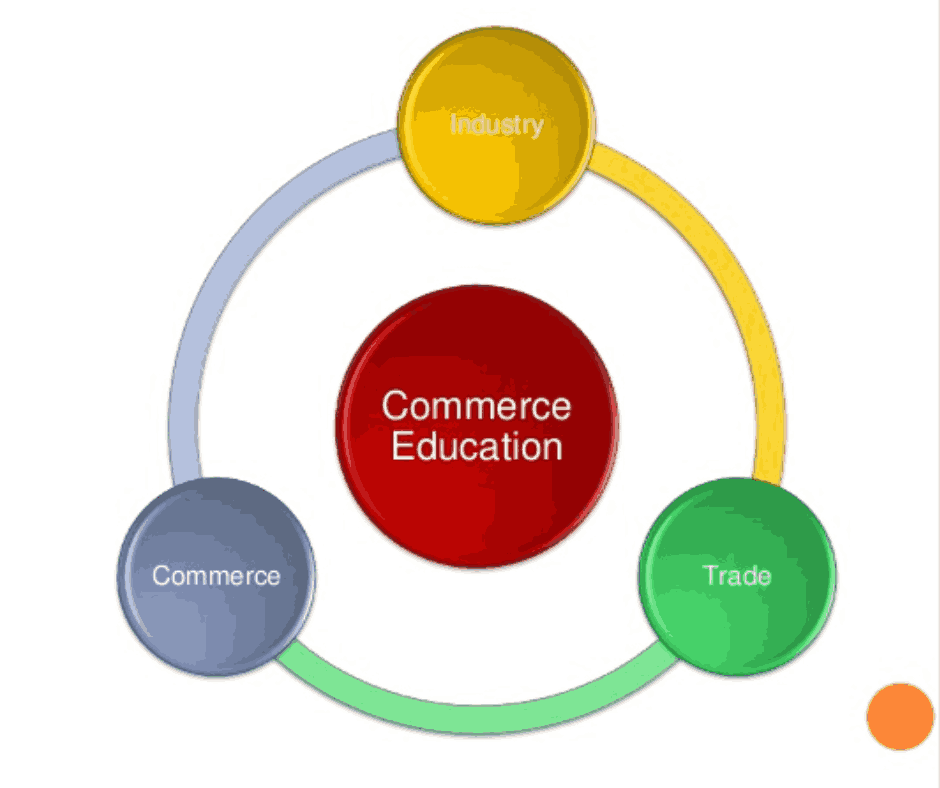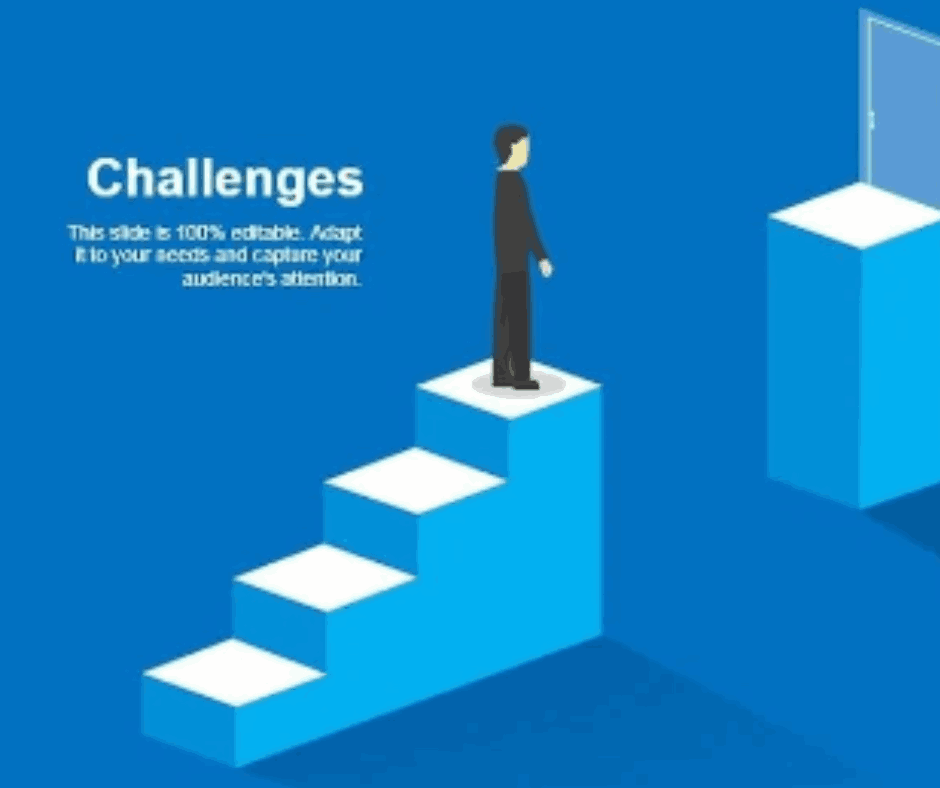As the nature of businesses and transactions is changing, commerce education trends in 2024 is also evolving rapidly. The commerce education trends 2024 we are mentioning here include:
- emerging trends in commerce studies,
- the future scope of commerce education in India, and
- commerce studies opportunities and challenges you should be aware of as BCom, BCom (Hons), or MCom students.
1. Background and Evolution of Commerce Education in India

Commerce education in India can be traced back to the 4th century BCE when an ancient Indian text by Chanakya called ‘Arthashastra’ discussed the principles of:
- Taxation,
- Governance, and
- Business Administration.
It also laid the foundation for:
- economic policies,
- trade, and
- commerce.
Formal commerce education in India dates back to 1886 when Pachiappa’s Charities established the first commercial school in Chennai, which introduced the western concepts of business, accounting and trade to us.
Over the years, prominent institutions such as Presidency College (Kolkata), Sydenham College (Mumbai), and Shri Ram College of Commerce (Delhi) have contributed significantly to this field. Between 1920 and 1940, professional bodies like the Institute of Chartered Accountants of India were established that studied the emerging trends in commerce studies and led to significant changes in the related academic curricula.
SMS Varanasi offers standardised, professional, and modern Bachelor of Commerce, Bachelor of Commerce (Honours), and Master of Commerce programs that are aligned with industry needs and foster entrepreneurship and innovation in our commerce graduates.
2. Importance of Commerce Education
The field of commerce encompasses all business activities, traditionally focusing on profit generation. Commerce programmes mainly equip students with essential knowledge related to:
- trade,
- economic policies, and
- business management.
Traditional career opportunities for commerce graduates are in sectors like:
- finance,
- marketing, and
- management
which are integral to India’s economic growth.
The future scope of commerce education in India is bright. It leads to some of the highly valued professional qualifications in today’s job market like:
- Chartered Accountancy,
- Company Secretaryship, and
- Business Administration.
3. Challenges in Commerce Education

Some of the challenges of commerce studies ailing the Indian landscape are:
- Curriculum Issues: The current curriculum is often:
- outdated,
- heavily theoretical, and
- lacks practical exposure.
The disconnect between education and industry needs hinders students from acquiring job-ready skills.
- Perception Problem: Commerce is often perceived as offering fewer job opportunities compared to fields like engineering and medicine – which is not true. However, this myth discourages many students from opting for this stream.
- Resource Constraints: Many institutions lack the necessary infrastructure, experienced faculty, and updated learning materials to provide quality education.
We, at SMS Varanasi, handle these challenges by offering all the resources and opportunities you need to excel in your chosen careers – and hence, contributing to improving the future scope of commerce education in India in our own way.
4. Emerging Trends in Commerce Studies

Some of the most notable emerging trends in commerce studies that are reshaping the way commerce is taught and perceived in India are:
a. Introduction of Specialised and Interdisciplinary Courses
- Many institutions are now offering specialisations like:
- International Business,
- Digital Marketing,
- Supply Chain Management, and
- Financial Analysis
within the B.Com program. These make commerce education more versatile, employment-friendly, and attractive to students.
b. Integration of Technology and Digital Skills
The inclusion of technology and digital skills in the curriculum is one of the key commerce education trends that is becoming a standard practice now. Some of the courses integrated into the BCom curriculum now are:
- data analytics,
- artificial intelligence,
- e-commerce, and
- financial technology (FinTech).
With such courses, commerce graduates are more prepared to thrive in a technology-driven business environment.
c. Practical Training and Industry Exposure
One of the main challenges of commerce studies has been the lack of exposure of commerce graduates. Hence, we emphasise greatly on practical training and industry exposure through:
- internships,
- projects, and
- hands-on learning experiences.
With the help of this approach, it will become easier to bridge the theoretical knowledge of commerce graduates and its real-world application, enhancing their problem-solving abilities and employability.
d. Focus on Entrepreneurship and Business Incubation
With ‘Make in India’ and ‘Startup India’ initiatives, the need for encouraging entrepreneurship and innovation has been felt sorely across the disciplines. Hence, one of the key commerce education trends we are seeing is to encourage dedicated courses for the purpose as well as offering business incubation programs.
At SMS Varanasi, we have a Centre For Entrepreneurship, Innovation & Skill Development (CEISD) to develop entrepreneurial skills among our students and enable them to start and manage their businesses successfully.
5. Key Commerce Education Trends in 2024
Some of the commerce education trends in 2024 that we think will shape the future are:
- Curriculum Reforms:Emerging trends in commerce studies heavily emphasise on updating the curriculum to include more practical and industry-relevant subjects. Some of the skills that are now in focus are:
- critical thinking,
- analytical skills, and
- practical business knowledge.
- Industry Collaboration: At SMS, we often collaborate with industry leaders to ensure that our curriculum stays aligned with market needs and provide our students with opportunities for internships and placements crucial for their career development.
- Technology Integration: Keeping up with the key commerce education trends, we are also incorporating modern technologies like AI, blockchain, and data analytics in our commerce studies.
- Fostering Innovation and Entrepreneurship: We have always encouraged a culture of innovation at our institutions. Dedicated courses, workshops, and support systems are in place to promote commerce education in India and help our students develop an entrepreneurial mindset.
Conclusion
The future scope of commerce education in India is promising, but it requires strategic reforms and updates to the curriculum, infrastructure, and teaching methods.
By focusing on practical training, industry collaboration, and the integration of modern technologies, commerce education can play a significant role in shaping India’s economic future. Keeping an eye on the commerce education trends of 2024 and the emerging trends in commerce studies, SMS Varanasi consistently updates its curricula, pedagogy, and infrastructure to support our students achieve success in their chosen endeavours.





